Fu Congbi

He came from Tongjiang County in Sichuan Province and participated in the Red Army in 1932 and joined the Chinese Communist Youth League at the same year. He joined the CPC in 1933. During the Agricultural Revolutionary War, he served as propagandists, secretary of the CPC county committee and also took part in the Sichuan-Shaanxi Soviet District’s first, second and third against "encirclement and suppression" campaign and the long march of the Red Army. During the War of Resistance against Japan, he participated in the campaigns and fighting such as "One Hundred Regiments Offensive" and the southeastern Shanxi, Jinchaji anti "mop up". In the War of Liberation, he took part in the campaigns like Pingsun, Datong, Huailai, Fengzhen, after the foundation of the PRC, he was appointed as army commander, participated in the later period of the fourth campaign and the entire process of the fifth campaign in the war to Resist US Aggression and Aid Korea. After returning home, he entered the Higher Military Academy to pursue advanced studies. In 1965, he became the Deputy Commander of the Beijing Military Region. Comrade Fu Chongbi was the member of the third National Committee of the CPPCC, the twelfth, thirteenth session of the Central Advisory Committee; the representative of the fourth, Fifth and Sixth National People's Congress and the eighth, twelfth China's Communist Party. He was awarded the rank of major general in 1955.
Chen Bin
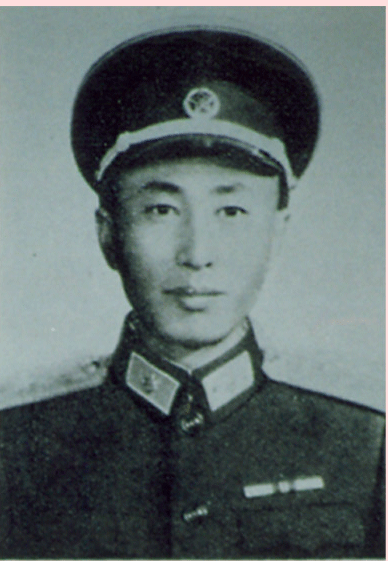
Chen Bin (1919-2000), the former Director of Labor Union of the National Defense Section, came from Tongjiang County, Sichuan Province. He joined the Red Army in 1933 and the CPC in 1938. After the foundation of the PRC, he served as the Director of Command Queuing in Zhejiang Military District and the 7th Corps and so on. In 1955, he won the “Eight-One” Medals at the third level, Independent Medal of Freedom at the second level, Liberation Medal at the second level. He was promoted as major general in 1961 and he was also member of the twelfth CPC Central Committee and the thirteenth session of the Central Advisory Committee. In1988, he received the Red Star honorable Medal at the first level.
Chen Fuzhang
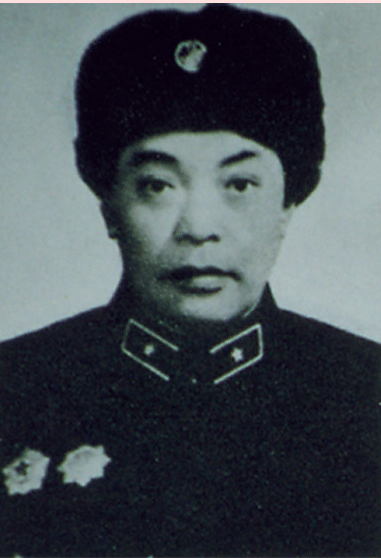
Chen Fuzhang (1913—1982) came from Tongjiang County, Sichuan Province. He joined the Red Army in 1933 and joined the CPC at the same year. During the Agricultural Revolutionary War, he served as the promotion staff of the Political Department of the Fourth Army of the fourth Red Army and the captain of the local working team. He also took part in the long march. During the War of Resistance against Japan, he served as the political instructor of the 769 Regiment of 385 Brigade of 129 Division of the Eighth Route Army. During the liberation war, he served as the commander of the Northeast Wen River County. After the foundation of the PRC, he served as the regimental commander of the PLA and so on. In 1964, he was promoted as major general.
He Zhengwen

He Zhengwen(1919—2000), (1917—2000)came from Tongjiang County, Sichuan Province. In 1932, he joined the local guerrilla forces which incorporated into Red Army later. In 1933, he joined the Chinese Communist Youth League and joined the CPC in 1934. During the Agricultural Revolutionary War, he served as the monitor and platoon leader of the 73 Independent Group of the Red Army. He also took part in the long march. During the War of Resistance against Japan and served as the chief leader of the guerrilla force and company leader of the school of 129 Division of the Eighth Route Army and so on. In the War of Liberation, he served as the adviser of Wusha column and the brigade commander of the eighteenth brigade. After the foundation of the PRC, he served as the adviser of East Sichuan military district. In 1995, he was awarded major general.
Wu Rongzheng
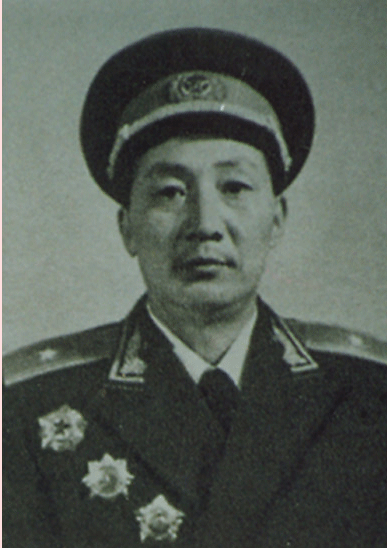
Wu Rongzheng (1915—1973)came from Tongjiang County, Sichuan Province. In 1932, he joined the Red Army, in 1933; he joined the Chinese Communist Youth League and joined the CPC in 1934. During the Agricultural Revolutionary War, he served as the platoon leader and company leader of 28 Regiment of 10 Division of 4 army of the fourth Red Army. He took part in the long march. During the War of Resistance against Japan, he served as the battalion commander of 769 battalion of 385 Brigade of 129 Division of the Eighth Route Army. In the War of Liberation, he served as the regimental commander of 51 Regiment of 17 Division of the sixth Column of Northeast Democratic Union Army. After the foundation of the PRC, he served as the vice Division Commander of the PLA and so on. He was awarded major general in 1995.
Wu Shihong
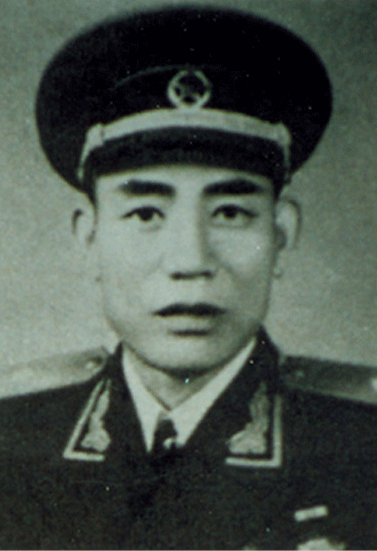
Wu Shihong (1918—2005)came from Tongjiang County, Sichuan Province. In 1933, he joined the Red Army and joined the Chinese Communist Youth League in the same year and joined the CPC in 1934. During the Agricultural Revolutionary War, he served as the vice platoon leader of 90 Division of 30 Army of the fourth Red Army and platoon leader of the general cavalry of the fourth Red Army. He took part in the long march. During the War of Resistance against Japan, he served as the garrison adviser of 129 Division of the Eighth Route Army. During the War of Liberation, he served as adviser of the branch District of the third Army of Taihang Military District. After the foundation of the PRC, he served as the Division Commander of the PLA. In 1964, he was promoted as major general. He was a representative of the 9th National Congress of the CPC.
Zhang Rongsen
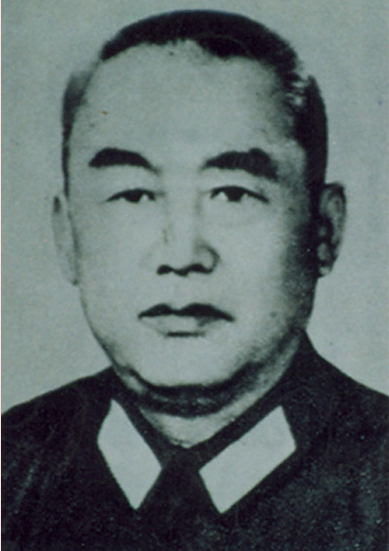
Zhang Rongsen (1917—1984)came from Tongjiang County, Sichuan Province. In 1932, he joined the Red Army and joined the Chinese Communist Youth League in the same year and joined the CPC in 1934. During the Agricultural Revolutionary War, he served as the adviser of the command of the 31 Division of the fourth Red Army. He joined the long march. During the War of Resistance against Japan, he served as the adviser of the garrison command in Sunde. During the War of Liberation, he served as adviser of 60 Regiment of 30 Brigade of Reliao Column. After the foundation of the PRC, he served as the vice Division Commander of the PLA and the principal of Nanjing Advanced Army School. In 1964, he was promoted as major general.
Zhang Xianyang
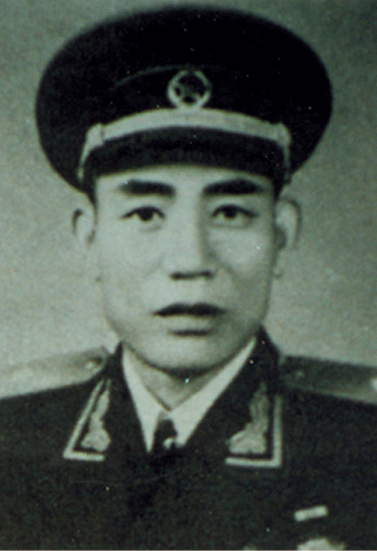
Zhang Xianyang (1915—2005)came from Tongjiang County, Sichuan Province. In 1933, he joined the Red Army and joined the CPC in the same year. During the Agricultural Revolutionary War, he served as the platoon and company leader of 34 battalion of 12 Division of 4 Army of the fourth Red Army. He took part in the long march. During the War of Resistance against Japan, he served as platoon leader of the Eighth Route Army and political instructor. During the War of Liberation, he served as vice regimental commander and commander. After the foundation of the PRC, he served as commander, Division Commander of Chinese Volunteer Army and so on. He was promoted as major general in 1961.
Zhu Shihuan
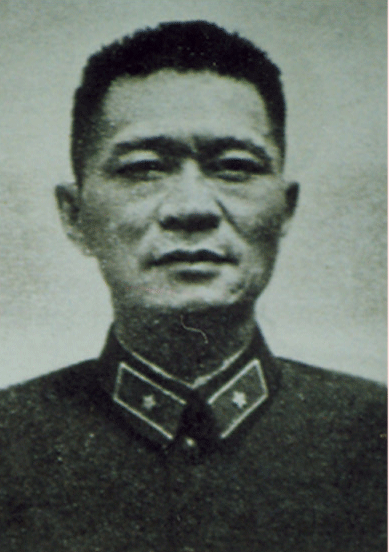
Zhu Shihuan (1913—)came from Tongjiang County, Sichuan Province. He joined the the Chinese Communist Youth League in 1932 and joined the CPC in 1934. During the Agricultural Revolutionary War, he served as Chairman of government of Shi Village, Soviet Town in Chuanshan. He took part in the long march. During the War of Liberation, he served as vice political committee member of the Jilin branch school of Northeast Military and Political University. After the foundation of the PRC, he served as vice political committee member of the 26th infantry school of the PLA. In 1961, he was promoted as major general and was also the representative of the fifth National People’s Congress.